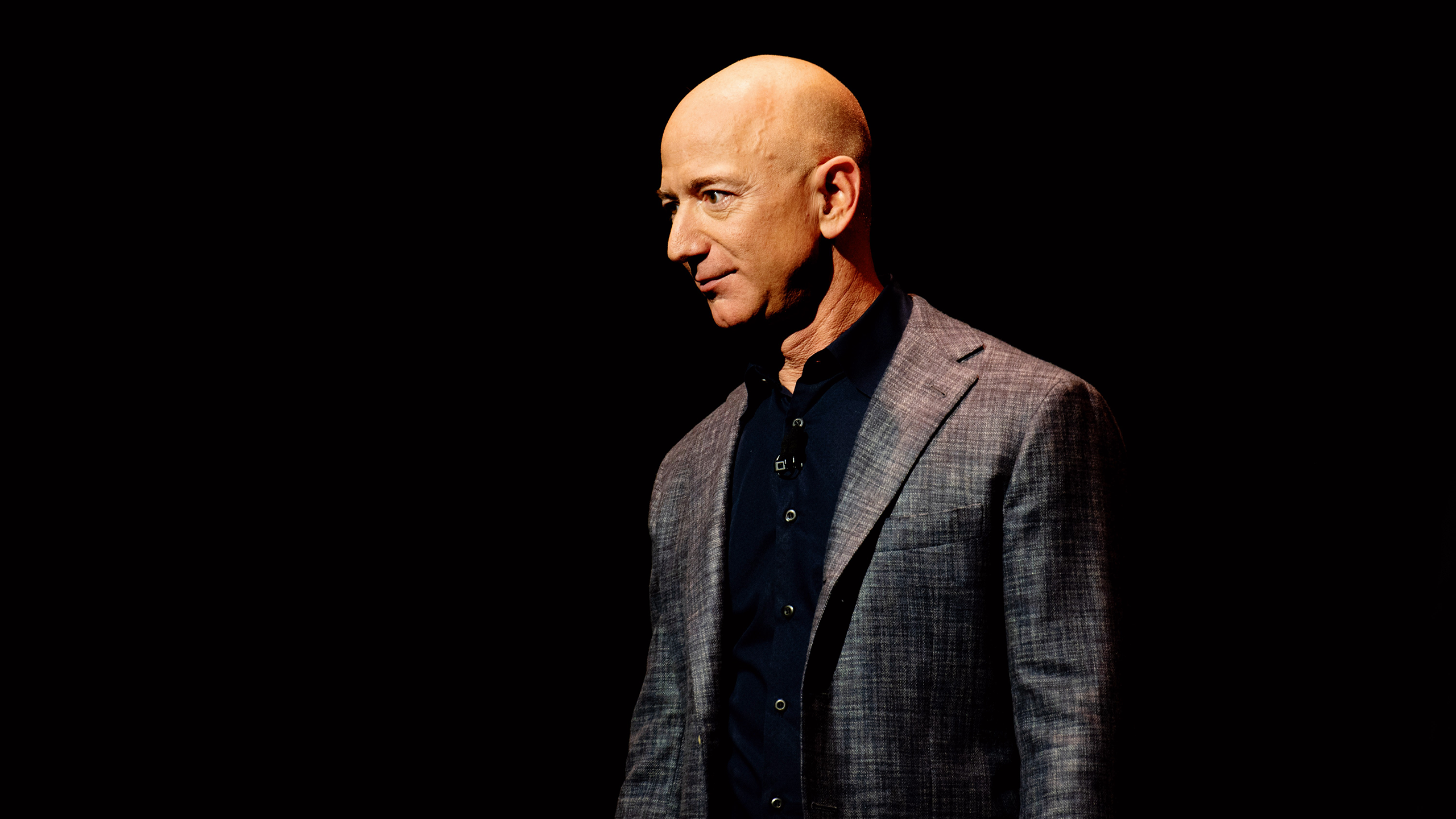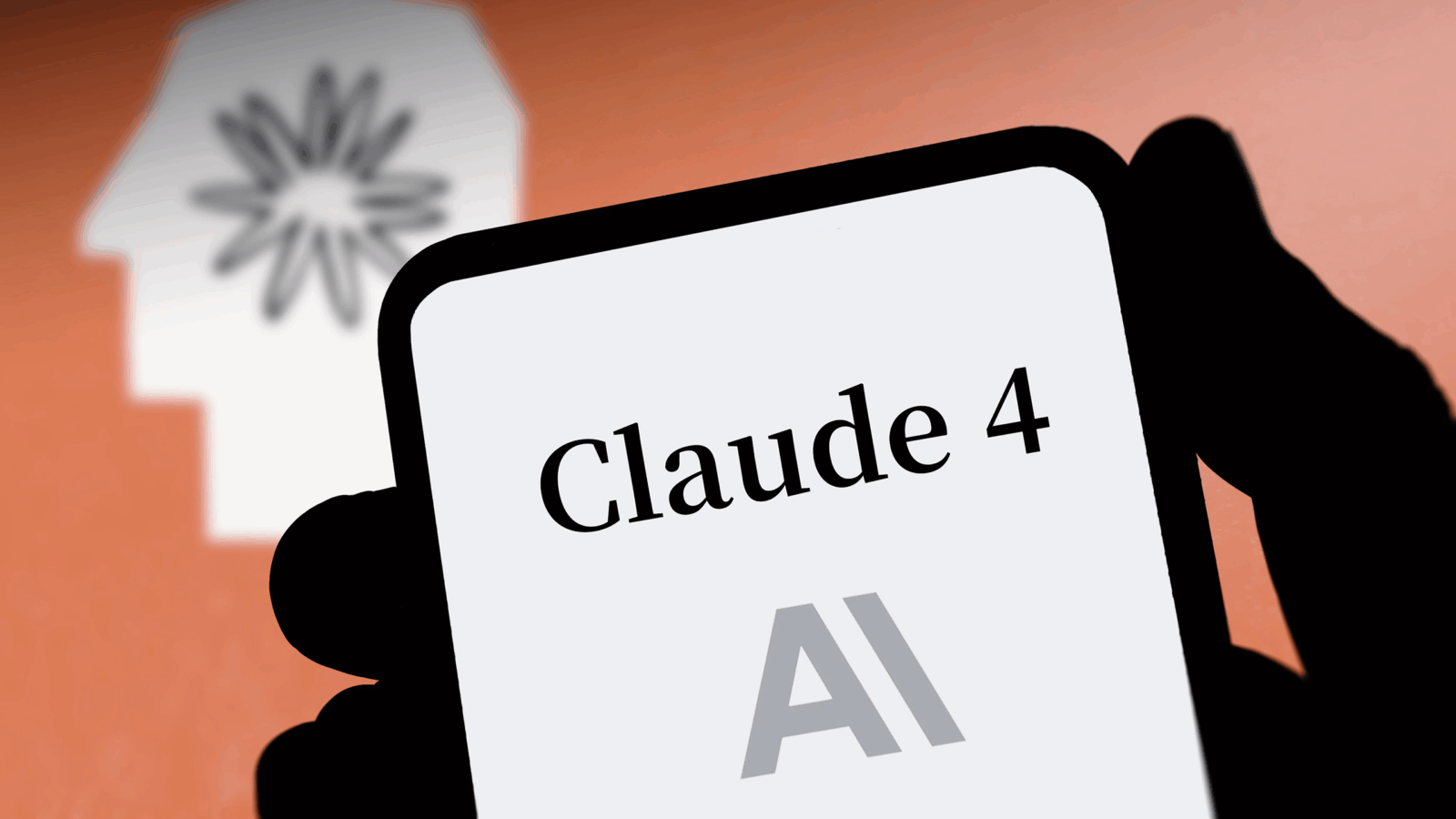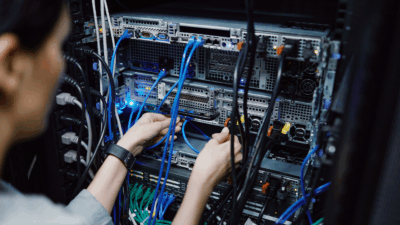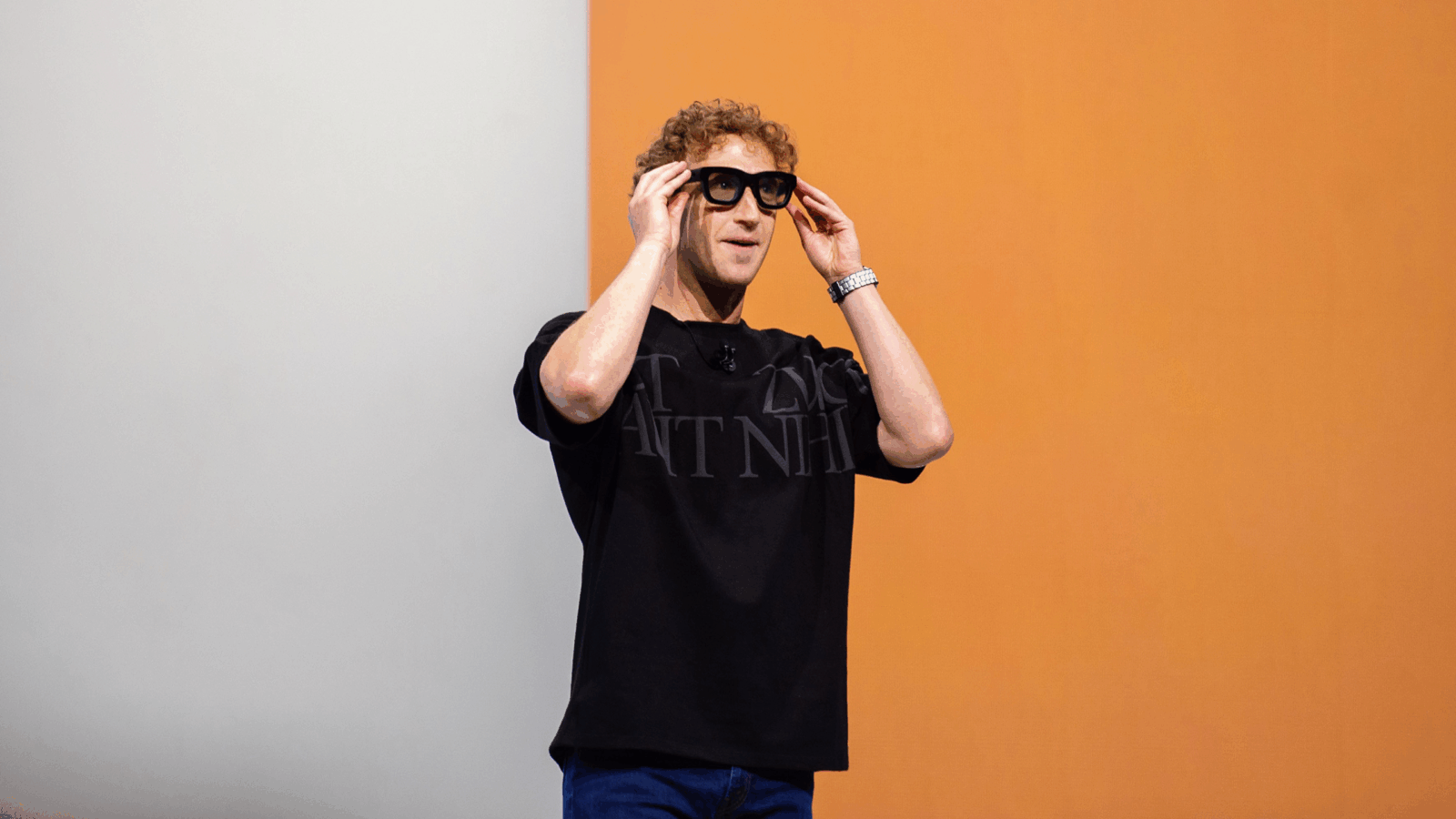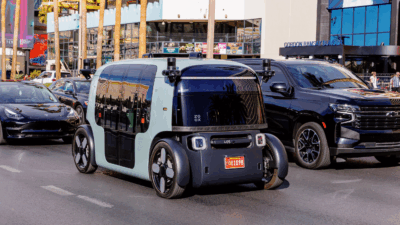Bezos Invests in Robot ‘Brains’
Jeff Bezos joined a $400 million fundraising round for Physical Intelligence, which is trying to make AI software that can control any robot.
Sign up for smart news, insights, and analysis on the biggest financial stories of the day.
Jeff Bezos may have made himself famously ripped in recent years, but it’s still brains over brawn for him when it comes to machines.
The Amazon chairman joined a $400 million fundraising round for Physical Intelligence, a startup trying to make AI software that could control any robot.
A No-Brainer
Physical Intelligence was formed earlier this year, with co-founder and CEO Karol Hausman hailing from Google’s robotics team and former University of California at Berkeley and Stanford University researchers on board. Their task: Make a “single generalist brain” — as Hausman calls it — that can take control of any robot, and then figure out how to use it.
The datasets needed to build a software model like that don’t exist, so Physical Intelligence had to start from scratch. On the company’s social media pages, you can see its first generalist model, π₀ (pi-zero), direct robots to fold laundry and bus tables. The ultimate promise, the company says, is that robots can “learn and follow user instructions, so that programming a new behavior is as simple as telling the robot what you want done.” No wonder investors have lined up:
- Bezos led the round alongside Thrive Capital and Lux Capital, and they were joined by OpenAI. The company was valued post-money at $2.4 billion. Thrive also led a $70 million seed round in Physical Intelligence in March.
- Lachy Groom, a co-founder and former Stripe executive, told The New York Times that rapid progress akin to OpenAI’s ChatGPT language models “could be far sooner than we expect, or it could definitely be far out.”
Robofolio: Not to make them sound like zombies, but Bezos and OpenAI’s portfolios need brains: Both were part of a $675 million round raised by humanoid robot startup Figure AI in February, alongside Microsoft and Nvidia. Figure is focusing on logistics and manufacturing, but undoubtedly a generalist AI model could one day be used in humanoid robots.
